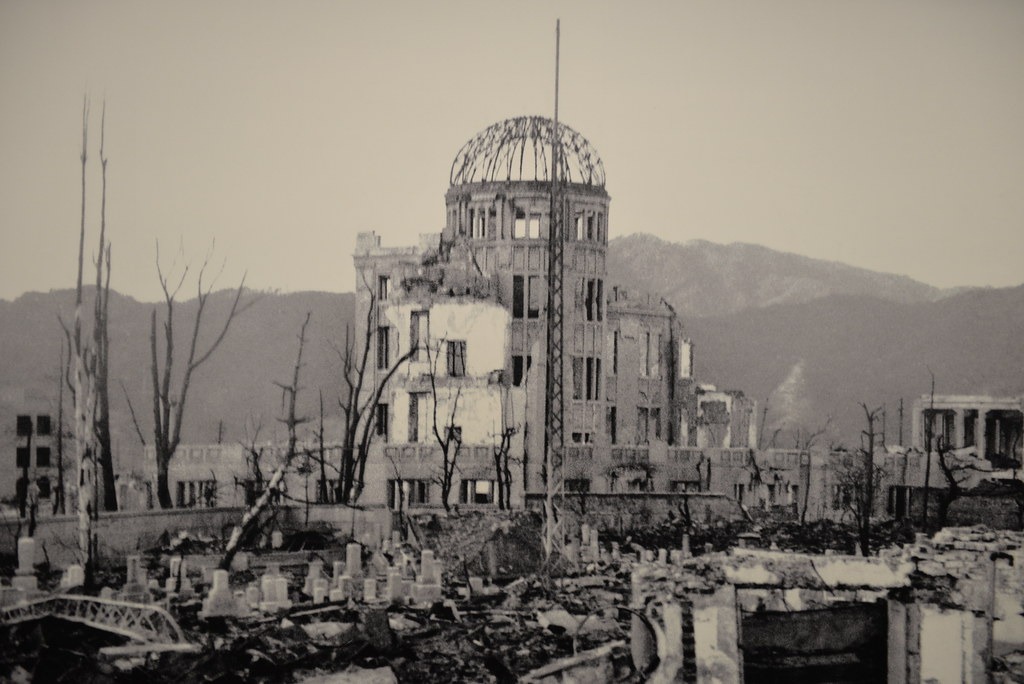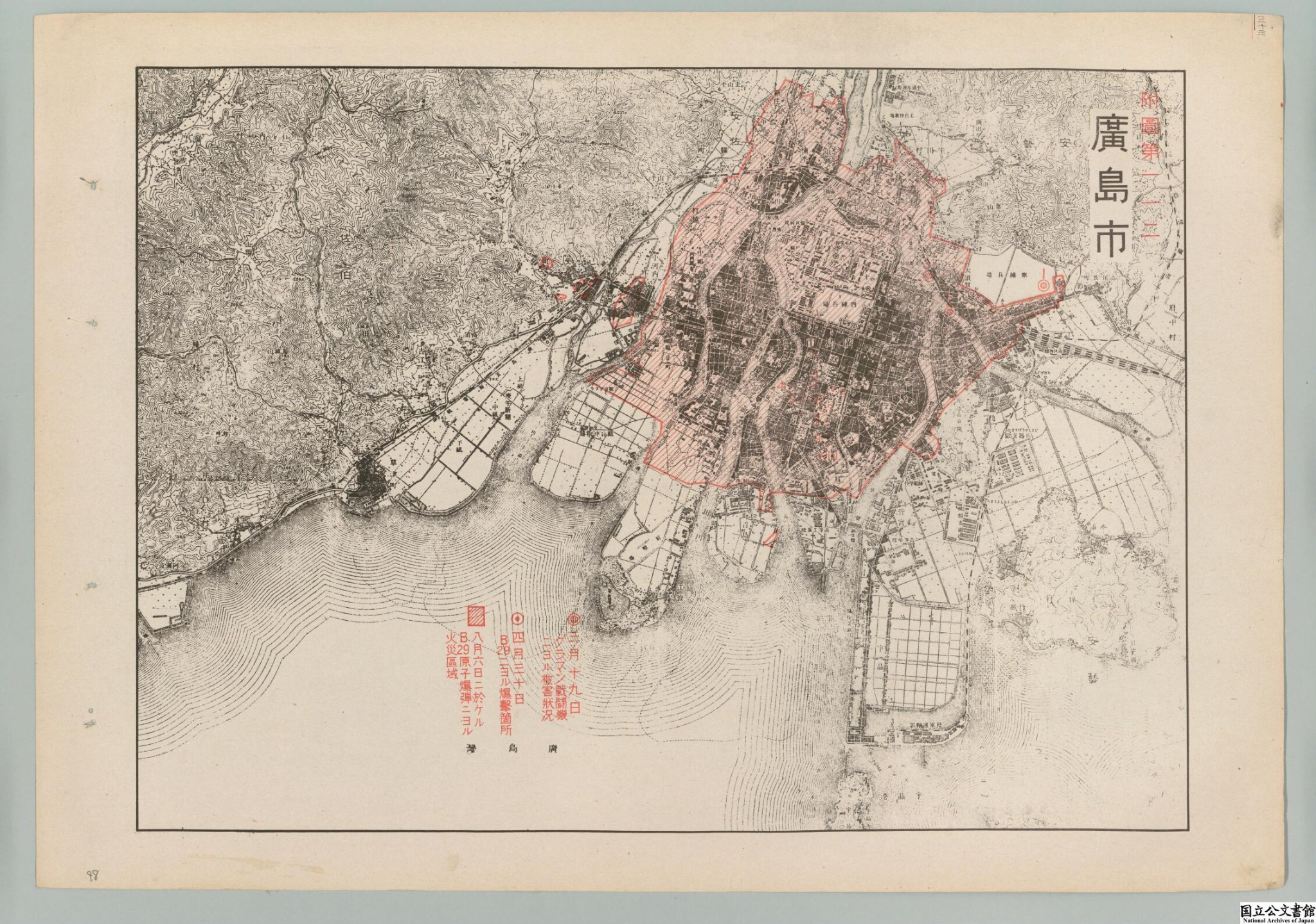Hiroshima commemorates 80 year anniversary since historic WWII bombing
Japan honours the city struck by the fatal nuclear attack that left it a wasteland and claimed many lives during WWII.
By Emma Ajayi

This Wednesday, Japan held the Hiroshima Peace Memorial Ceremony in remembrance of 80 years since the bombing that claimed more than 100,000 lives in its city of Hiroshima during the second World War. Soon to follow, was the bombing of Nagasaki, another city where a further 70,000 lives were claimed later that same week.
On the morning of August 6th 1945, an atomic bomb descended upon Hiroshima from an American warcraft driven by Colonel Paul Tibbets. The incident was retaliation against Japan’s refusal to agree to the terms of the Potsdam declaration by the Allied forces. In July, the month before, Germany officially surrendered – effectively ending the war in Europe. Determined to entirely end the war in spite of Japanese defiance, The United States, under President Truman, employed the use of the atomic bomb for the very first time. This bombing and its subsequent attack were monumental in ending the second World War across all fronts – as the final axis power left remaining eventually surrendered.

The ceremony consists of traditions including wreath laying and silent prayers honouring these fallen victims. At precisely 8:15 am, the time the bomb fell, the ‘Peace Bell’ rings, prompting sirens to sound across the city, thus commencing a minute of silence.
Japanese Prime minister, Shigeru Ishiba, who attended the Memorial Ceremony to pay his respects, shared his condolences on X saying,
“Eighty years have passed since the atomic bomb was dropped on Hiroshima, turning this city into a scorched wasteland in an instant, and I respectfully offered my sincere condolences to the spirits of those who lost their lives.”
The Prime minister also visited Hiroshima’s Peace Memorial Museum, spoke to atomic bomb survivors and visited a nursing home that caters to these surviving victims.
Other world leaders have also commented on the significant milestone.
UN Secretary General, Antonio Guterres, shared his sympathies on X, saying:
“On the 80th anniversary of the atomic bombing of Hiroshima, we remember those who perished & stand with their families.”
He continues, “Today the risk of nuclear conflict is growing & the weapons that brought such devastation are once again treated as tools of coercion.
Remembering the past is about protecting peace today & in the future.”
Pope Leo XIV also joined in to honour both Hiroshima and Nagasaki, saying, “I wish to assure you of my prayers for all those suffered the physical, psychological, and social effects of these events.”
The lasting effects of the Hiroshima bombing were felt years after the event took place. The bomb carried approximately 15,000 tonnes of TNT, according to the International Campaign to Abolish Nuclear Weapons’ site (ICAN). This ended up leaving a massive radioactive impact that caused multiple cases of biological defects, such as leukemia, in following generations of Japanese civilians.
In 1949, Hiroshima's council allocated state funds to rebuild it after consultations with government officials and architectural experts led to published proposals which formed the reconstruction plan. By the 1960's, the city was restored. Today, it is once again home to more than 2 million people.
Upstanding once again, the city hosts the memorial ceremony annually, as a painful reminder of the devastation brought by the war.
Post a comment